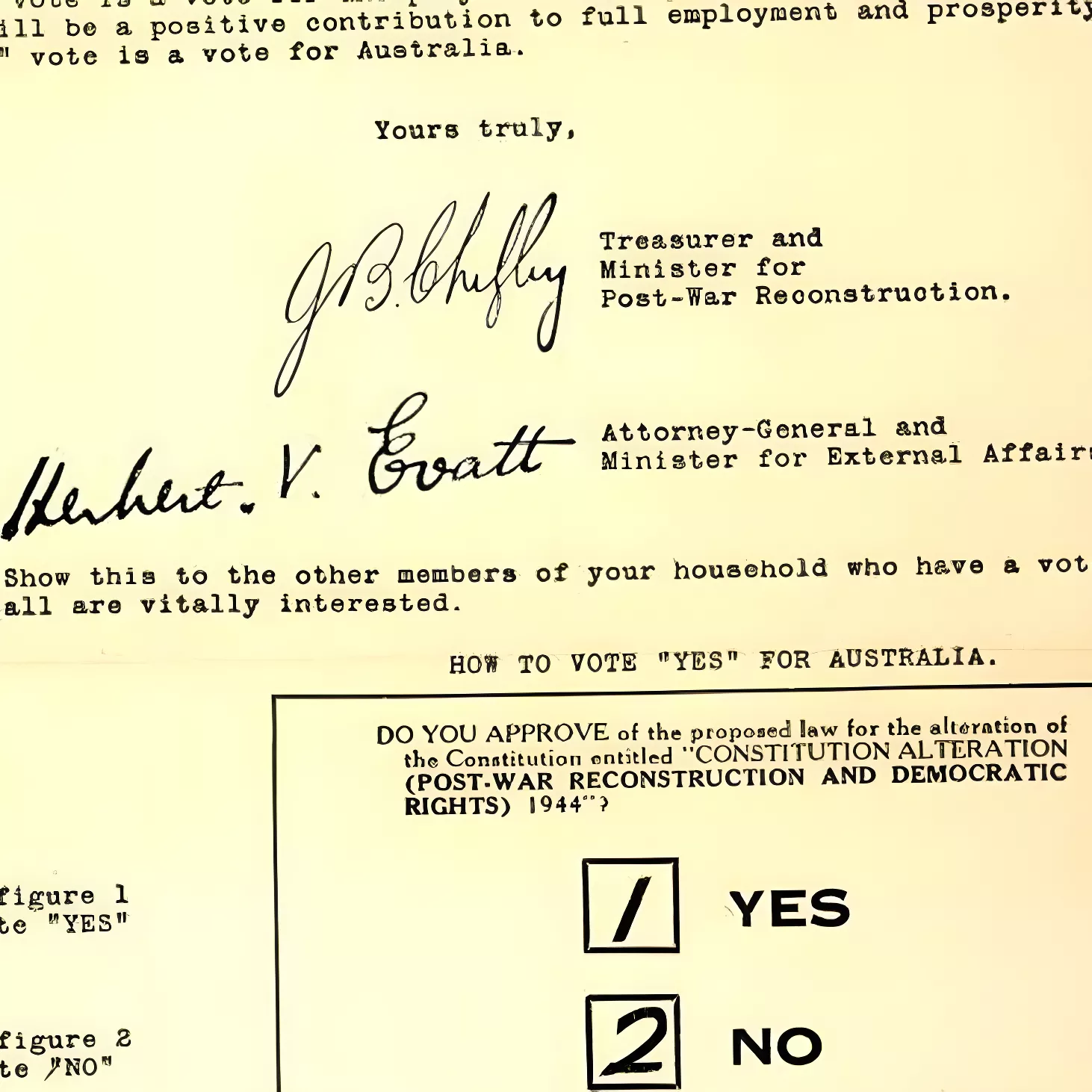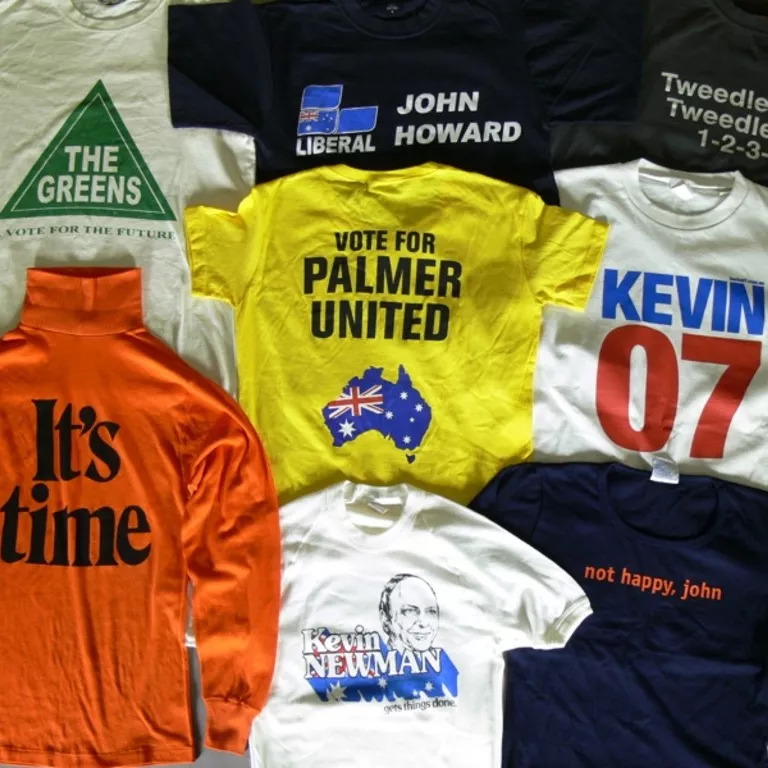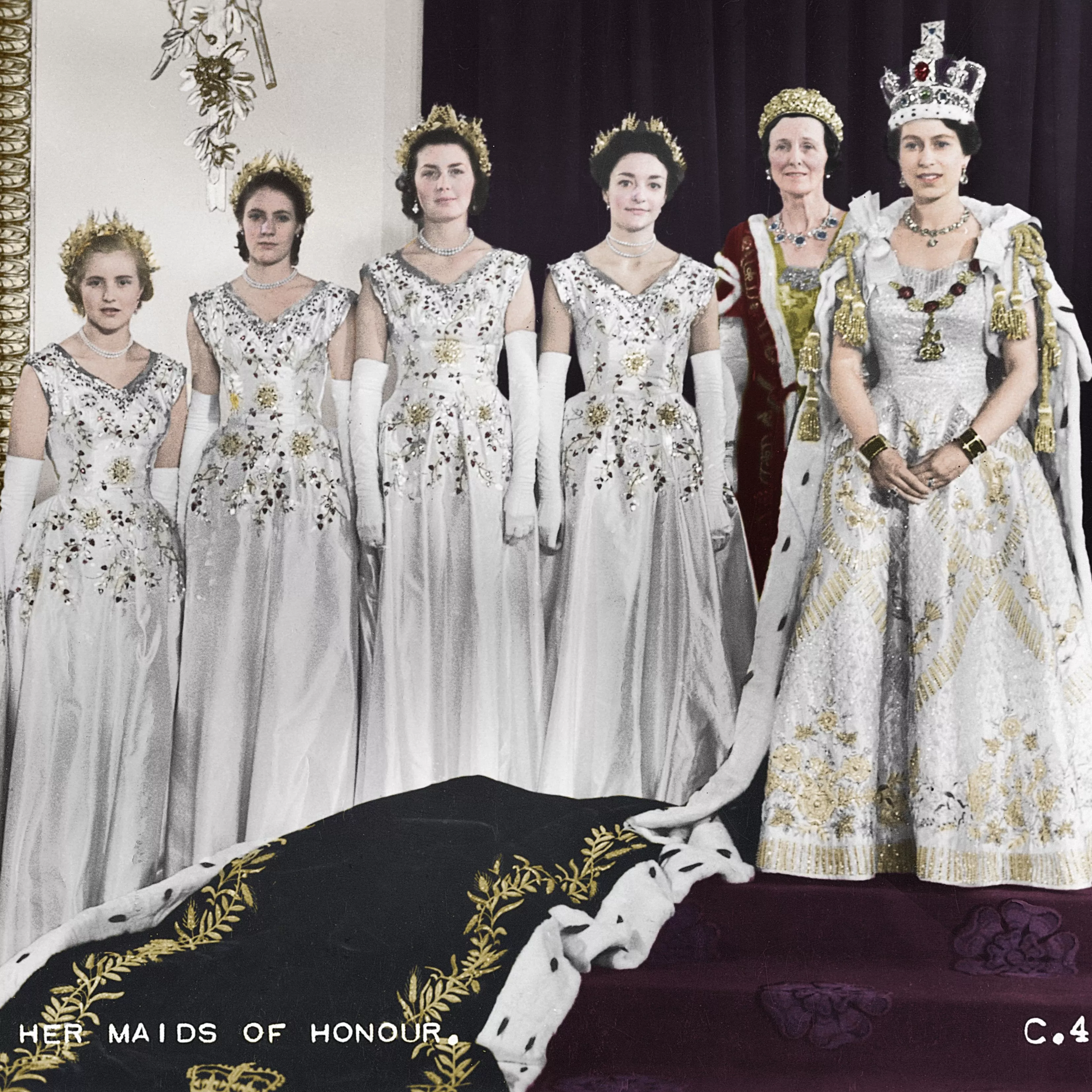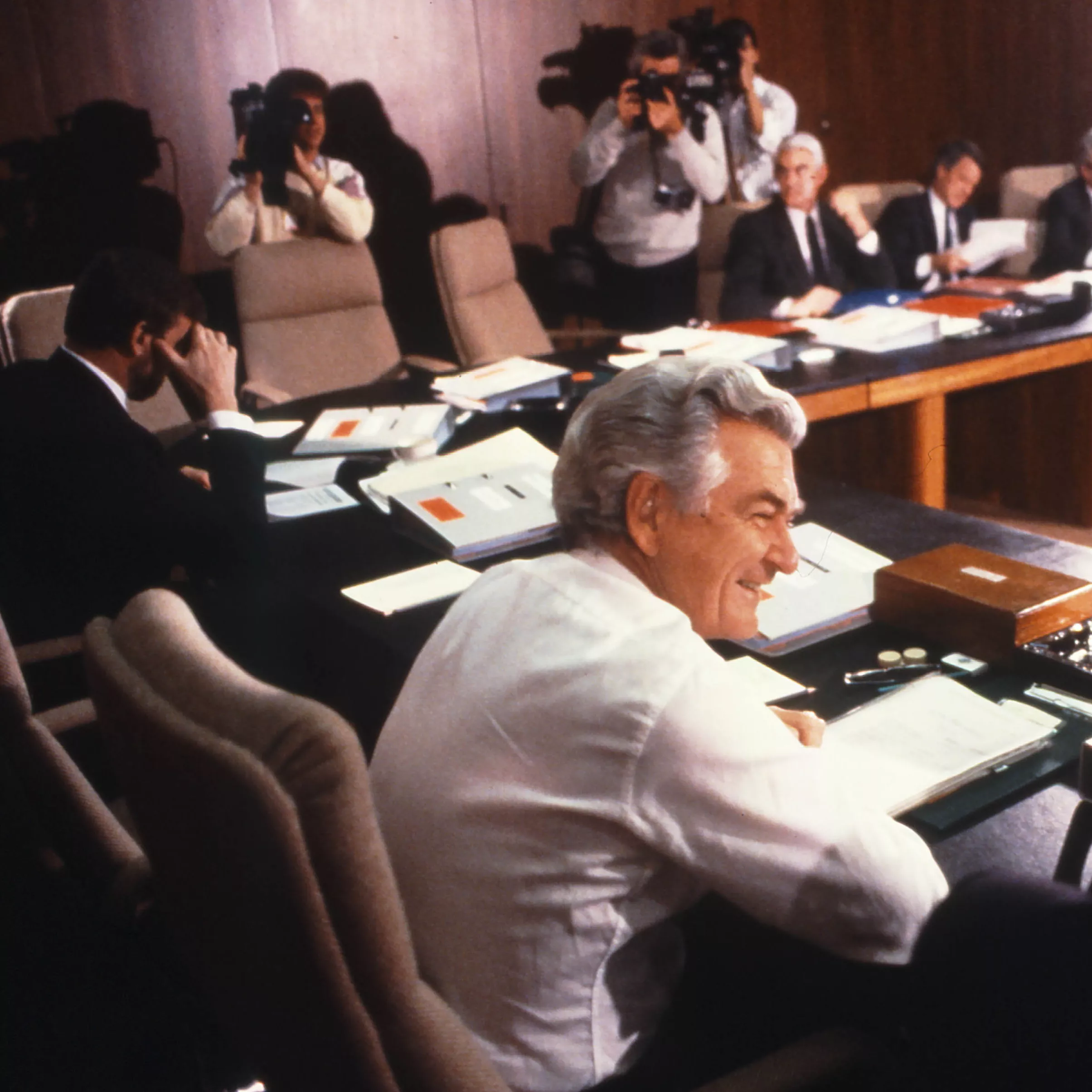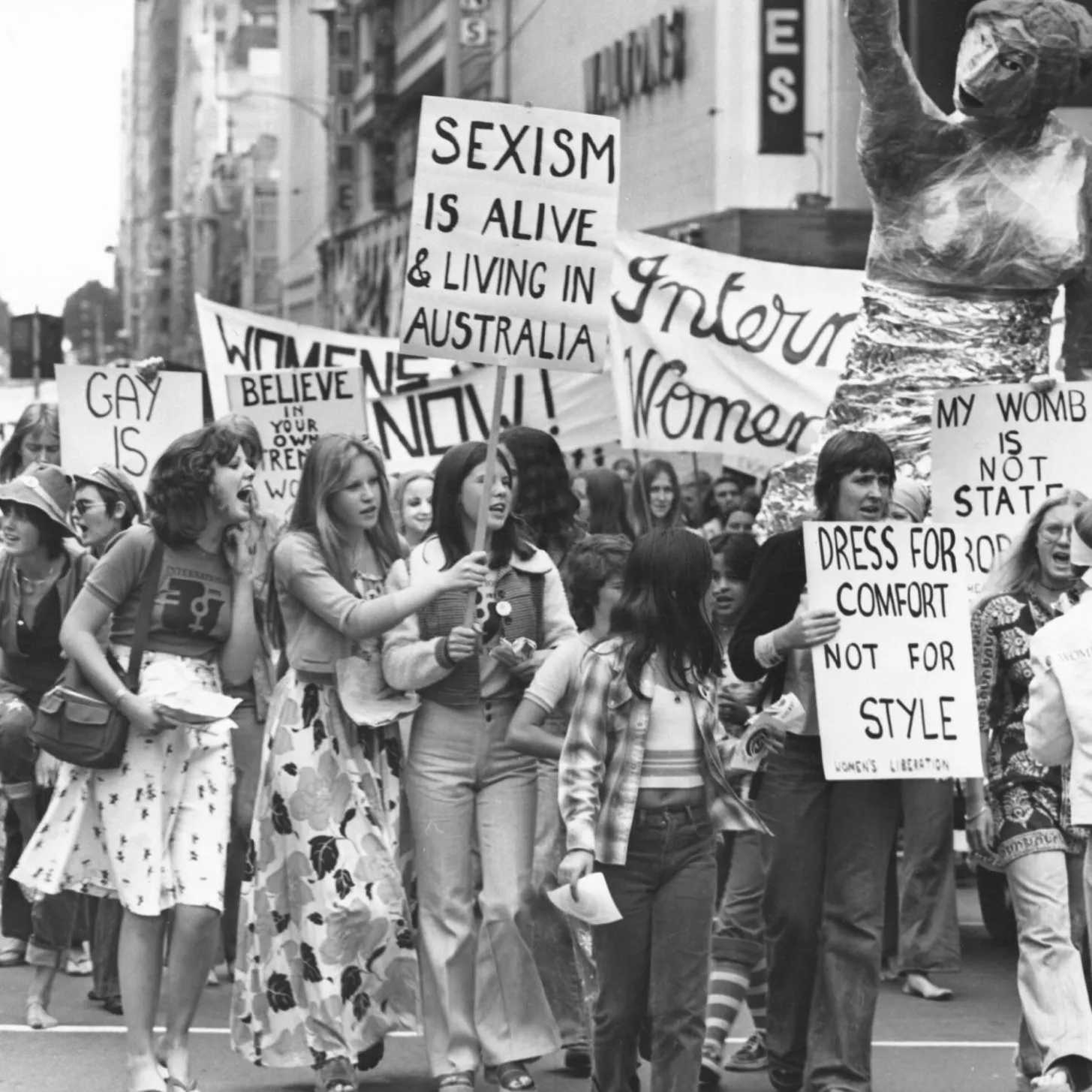Eight by-elections that changed the game
- DateFri, 01 Dec 2017
In October 2017, the High Court ruled that five elected politicians were ineligible under Section 44 of the Constitution.
Section 44 of the Constitution prevents dual citizens being elected to Parliament.
Four of those five were Senators but one, Barnaby Joyce, was a Member of Parliament which meant a by-election was held in the seat of New England on 2 December. Since October another MP, John Alexander, declared himself ineligible, with the by-election for his seat of Bennelong held on 16 December.
By-elections are fairly common in Australia, and only one Parliament (the 43rd) since 1951 has seen none at all. A by-election follows all the rules of a general election, except that it is held in just one seat. For this reason by-elections tend to receive large amounts of media coverage. Voters in by-elections tend to use them to send a message to one or the other side of politics, which can result in large, devastating swings.
Here are eight historic examples of by-elections that changed the game.
Darling Downs, 1901
The very first by-election for the Commonwealth Parliament was held on 14 September 1901. William Groom (pictured right), Protectionist Member for Darling Downs (Qld), died on 8 August, only a few months into his life as an MP. Groom is notable for being the only transported convict ever elected to the federal Parliament – he was transported for embezzlement in 1846. The by-election was won by Groom’s son, Littleton, who went on to hold it for 28 years.
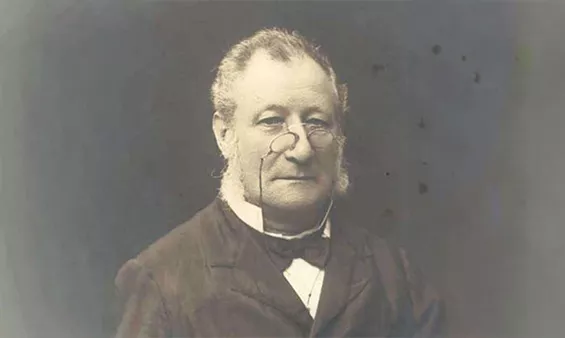

East Sydney, 1903
George Reid's bushy moustache and girth sometimes made him a figure of fun, but he was a seasoned campaigner, powerful orator and consummate politician. His resignation in 1903 was one of many times he stood on his principles.
On 18 August 1903 George Reid, the Leader of the Opposition, resigned from Parliament. His resignation was in protest over the distribution of seats in New South Wales. To seek approval for his stance, Reid contested the by-election triggered by his own resignation. He won, with an increased majority.
Photograph State Library of Victoria
Very close elections are usually voided, because the Court of Disputed Returns (the High Court) finds anomalies or mistakes with the count. One of the most notable examples was in Ballaarat (spelled with an extra 'a' until 1977) in 1920. At the general election the previous year, Nationalist Edwin Kerby had won against Labor incumbent Charles McGrath by a single vote. This remains the closest victory in history. However, the court found there were several irregularities with the count and ordered a do-over. McGrath won, this time substantially.
This kind of by-election had also happened in Melbourne and Riverina in 1904, and Echuca in 1907.

Unlike the Eureka Rebellion some 56 years before, the clash between rivals at Bendigo in 1920 ended with a lot less bloodshed, a tribute to Australia's peaceful democratic tradition.
Image Charles Doudiet, Swearing Allegiance to the Southern Cross, 1854, Ballarat Fine Art Gallery
Kalgoorlie, 1920
In November 1920, Labor MP Hugh Mahon spoke at an anti-British rally in Melbourne in which he condemned the actions of the British Government in Ireland. Prime Minister Billy Hughes, who detested Mahon anyway, declared Mahon's remarks treasonous and moved to have him expelled from the House. On 12 November he became the first and only federal MP to be removed by the parliament (a power it no longer has). Mahon contested the by-election for his seat (which he'd won at another by-election seven years before), but was defeated by the government candidate, George Foley.

Bass, 1975
Voters in northern Tasmania decided to put the boot into the Whitlam government in June 1975. Whitlam's former loyal deputy, Lance Barnard, resigned from the House to become Ambassador to the Scandinavian countries. Barnard had held the seat since 1954 and had almost always won it handily. At the by-election, however, voters decided to punish the government which was becoming highly unpopular. The Liberal candidate, Kevin Newman, won Bass with a 17.5% swing, turning it from a safe Labor to a safe Liberal seat overnight. The Bass result is usually described as the beginning of the end for the Whitlam government.

Kevin Newman's 1972 victory was no flash in the pan. Over the next 12 years, Newman turned the seat into a safe Liberal one, and within only three years of his election joined the Fraser ministry.
Image Museum of Australian Democracy Collection
Wills, 1992
As long as we're talking about ineligibility, the High Court's recent decision builds on one it made in 1993 after the election of Phil Cleary. Cleary, a former VFL footballer and teacher, stood for the seat of Wills in inner Melbourne when Bob Hawke resigned from Parliament in June 1992. Twenty-two candidates contested, the largest number ever for one seat, and Cleary won as an Independent. Immediately, his election was challenged on the basis that as a teacher he was an employee of the Department of Education and thus had an 'office of profit under the crown', which made him ineligible for election under Section 44 of the Constitution. The High Court agreed in November. Cleary waited patiently until the 1993 federal election, when he stood for Wills again and won.
A very similar situation occurred in Lindsay in Western Sydney in 1996. Liberal candidate Jackie Kelly had won the seat at the March general election but was ruled ineligible due to having New Zealand citizenship and was employed by the Royal Australian Air Force. The election was re-run and Kelly won.
Victorians who knew Phil Cleary knew him as a footballer, but after the 1992 Wills by-election they knew him for politics, and a court challenge.
Cunningham, 2002
The Australian Greens won their first-ever House of Representatives seat in 2002 when a by-election was held in Cunningham, New South Wales. Labor's Stephen Martin had resigned and the Liberals opted not to run a candidate in the safe Labor seat. A high protest vote against Labor, which was suffering poor polling, saw Green Michael Organ elected with just 23% of the primary vote. Organ only held the seat until Labor regained it in 2004, but it remains a rare example of an opposition seat falling to a third-party challenger.
When Michael Organ was sworn in as a Member of Parliament it was as the first member of the Australian Greens to sit in the Lower House. It would be another six years before the Greens elected their second MP, Adam Bandt.
Canning, 2015
The death of Don Randall in 2015 triggered a by-election in his seat of Canning in suburban Perth. Liberal candidate Andrew Hastie was facing a fight in the normally safe seat, as polling was not good for the Abbott government, with one poll suggesting a 10% swing or more. Such a drastic swing, and only two years into a government's first term, could have spelled disaster. Exactly how much impact the impending by-election had on the Liberal Party's decision to replace Abbott with Malcolm Turnbull is disputed. However, following Hastie's victory, many media reports focused on the transfer to Turnbull as the only thing that saved the seat for the Coalition.



